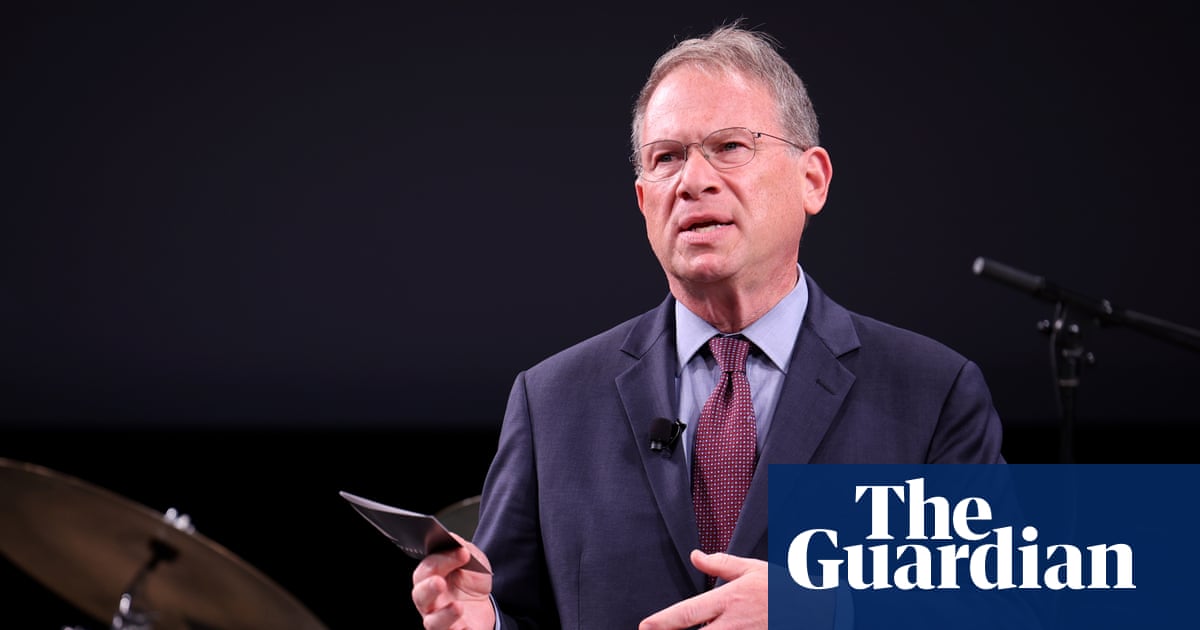The Atlantic's editor-in-chief was inadvertently included on a messaging chain of senior Trump officials that discussed plans for a forthcoming strike on the Houthis in Yemen.
Jeffrey Goldberg penned a first-person account of getting a connection request from what appeared to be Trump's National Security Advisor Michael Waltz on March 11 on Signal, a popular encrypted messaging service used by journalists and government officials. He accepted and was then added to a chat group called "Houthi PC Small Group," where he proceeded to see a series of top Trump officials discuss what turned out to be an upcoming attack on the Houthis, in what critics are calling a massive breach of national security.
Goldberg laid out how 18 members were listed in the group, including Waltz, Vice President JD Vance, Secretary of State Marco Rubio, Secretary of Defense Pete Hegseth, CIA Director John Ratcliffe and White House Chief of Staff Susie Wiles. What ensued in the following days was a discussion about attacking the Houthis, an Iran-backed terrorist group that's wreaked havoc on ships in the Red Sea and disrupted traffic through the critical Suez Canal.
The principals in the chat raised various concerns about the timing of the strikes, whether it was prudent to wait, and the security of the operation. Vance's account expressed skepticism about the attack, saying at one point he thought it was a mistake, and at another saying, "I just hate bailing Europe out again," alluding to European trade having far more skin in the game with the Suez Canal than the United States.
The following day, according to Goldberg, Hegseth posted highly sensitive information in the chat with operational details of future strikes. Goldberg said he would not print them, but he claimed an adversary with access to what was written could have harmed U.S. military or intelligence officials abroad. Goldberg said he learned the timing of the Yemen strikes on March 15 from the Signal posts.
More

 www.foxnews.com
www.foxnews.com
Jeffrey Goldberg penned a first-person account of getting a connection request from what appeared to be Trump's National Security Advisor Michael Waltz on March 11 on Signal, a popular encrypted messaging service used by journalists and government officials. He accepted and was then added to a chat group called "Houthi PC Small Group," where he proceeded to see a series of top Trump officials discuss what turned out to be an upcoming attack on the Houthis, in what critics are calling a massive breach of national security.
Goldberg laid out how 18 members were listed in the group, including Waltz, Vice President JD Vance, Secretary of State Marco Rubio, Secretary of Defense Pete Hegseth, CIA Director John Ratcliffe and White House Chief of Staff Susie Wiles. What ensued in the following days was a discussion about attacking the Houthis, an Iran-backed terrorist group that's wreaked havoc on ships in the Red Sea and disrupted traffic through the critical Suez Canal.
The principals in the chat raised various concerns about the timing of the strikes, whether it was prudent to wait, and the security of the operation. Vance's account expressed skepticism about the attack, saying at one point he thought it was a mistake, and at another saying, "I just hate bailing Europe out again," alluding to European trade having far more skin in the game with the Suez Canal than the United States.
The following day, according to Goldberg, Hegseth posted highly sensitive information in the chat with operational details of future strikes. Goldberg said he would not print them, but he claimed an adversary with access to what was written could have harmed U.S. military or intelligence officials abroad. Goldberg said he learned the timing of the Yemen strikes on March 15 from the Signal posts.
More

Trump officials accidentally text Atlantic journalist about military strikes in apparent security breach
In a major security breach, top Trump officials discussed a military strike on Yemen on a private messaging chain that inadvertently included the editor of The Atlantic.





